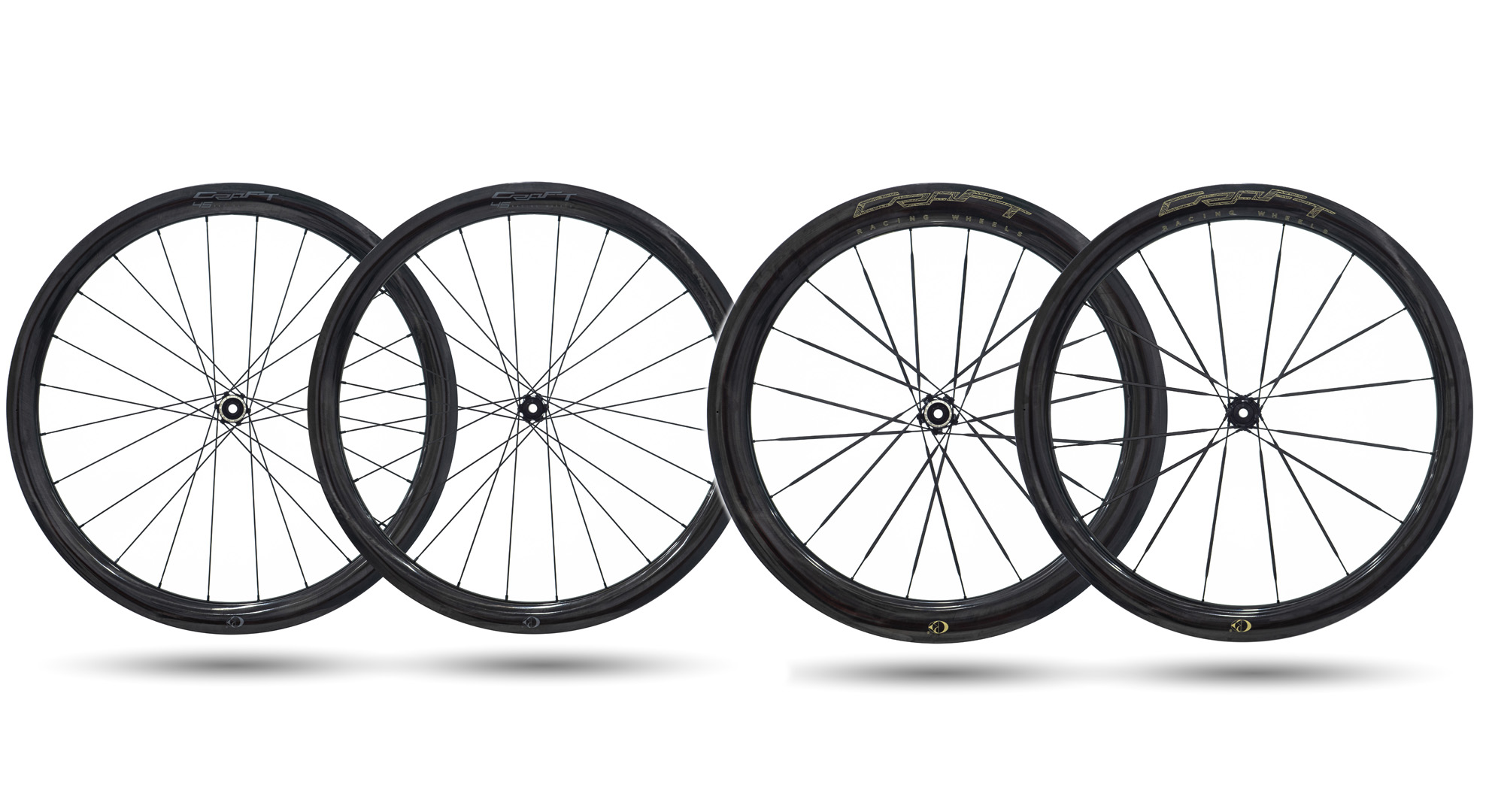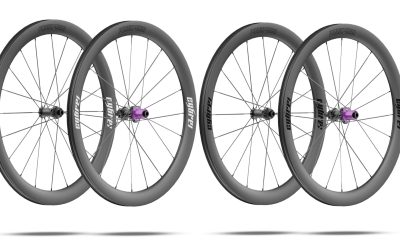How to Choose the Correct Rim Depth for Your Road Bike?
For those new to cycling, choosing the right wheelset can be a daunting task. With such a wide range of rim depths available, from 30mm to 88mm, it’s hard to know which is best. The question arises – are deeper wheels better or shallower wheels? And what is the optimal rim depth for beginners?
Deeper Wheels
Deeper rims offer an aerodynamic advantage by reducing turbulence caused by air moving past the spokes, making them more suitable for flat roads and time trials, where speed is a priority. However, at lower speeds, the marginal aerodynamic gains are insignificant, and the added weight can negatively impact handling, which can hinder performance.
Moreover, deeper rims tend to catch crosswinds more easily, causing instability, which may be challenging for novice riders who lack experience handling such situations.
Deeper rims can also require more effort to accelerate or climb hills due to their weight and increased rotational inertia, slowing down the rider’s progress and requiring more exertion.
Therefore, when selecting a wheelset, it’s important to consider various factors such as aerodynamics, handling, weight, and cost. Deeper rims provide performance benefits in specific circumstances, but they may not be the optimal choice for beginners who are still developing their skills and strength for cycling.
Shallower Wheels
Choosing the most suitable rim depth for a beginner cyclist depends on several factors, including the rider’s objectives, skill level, and terrain preferences. Typically, shallower rims are recommended for novice riders.
Shallower rims offer several advantages over deeper rims, especially for inexperienced riders. They are versatile and provide a balance between aerodynamics and handling, making them a great all-around option. They are also more forgiving and less vulnerable to crosswinds, requiring less effort to accelerate or climb hills compared to deeper rims. These features make them more manageable for beginners to handle their bikes.
Moreover, shallower rims are generally more affordable than deeper rims, which can be an important consideration for novice cyclists who are not ready to invest a lot of money into their gear.
However, it’s worth noting that the best rim depth for a beginner cyclist depends on their individual goals and preferences. For example, if the cyclist is primarily focused on racing and wants to maximize their speed, deeper rims may provide the necessary advantage, despite the handling challenges. Conversely, if the rider mostly uses their bike for commuting or leisure rides, shallower rims may be a better choice.
What is the Optimal Rim Depth for Beginners?
Choosing the right rim depth is crucial for beginner cyclists, and various factors need to be taken into account. While a depth of 40mm or less is often recommended for its balance of stability and aerodynamics, it may not be suitable for all riders.
One essential factor to consider is the rider’s weight. Heavier riders may benefit from deeper rims, which offer more stability and reduce the risk of wheels flexing or losing tension. Lighter riders, however, may prefer shallower rims as they are easier to handle while still providing enough stability.
Terrain is another crucial consideration. Deeper rims may provide an aerodynamic advantage on flat roads or during time trials, while shallower rims may be better suited for hilly or mountainous terrain as they are easier to accelerate and climb with.
The rider’s objectives and riding style also play a significant role. Those focused on racing and maximizing speed may benefit from deeper rims, despite the handling challenges, while those more interested in recreational riding or commuting may prefer shallower rims for their versatility and forgiving nature.
Ultimately, there is no one-size-fits-all solution to selecting the optimal rim depth for beginner cyclists. It’s important to research, seek advice from experienced riders, and experiment with different rim depths to find the best fit for your specific needs and preferences.


















Leave a Reply
You must be logged in to post a comment.